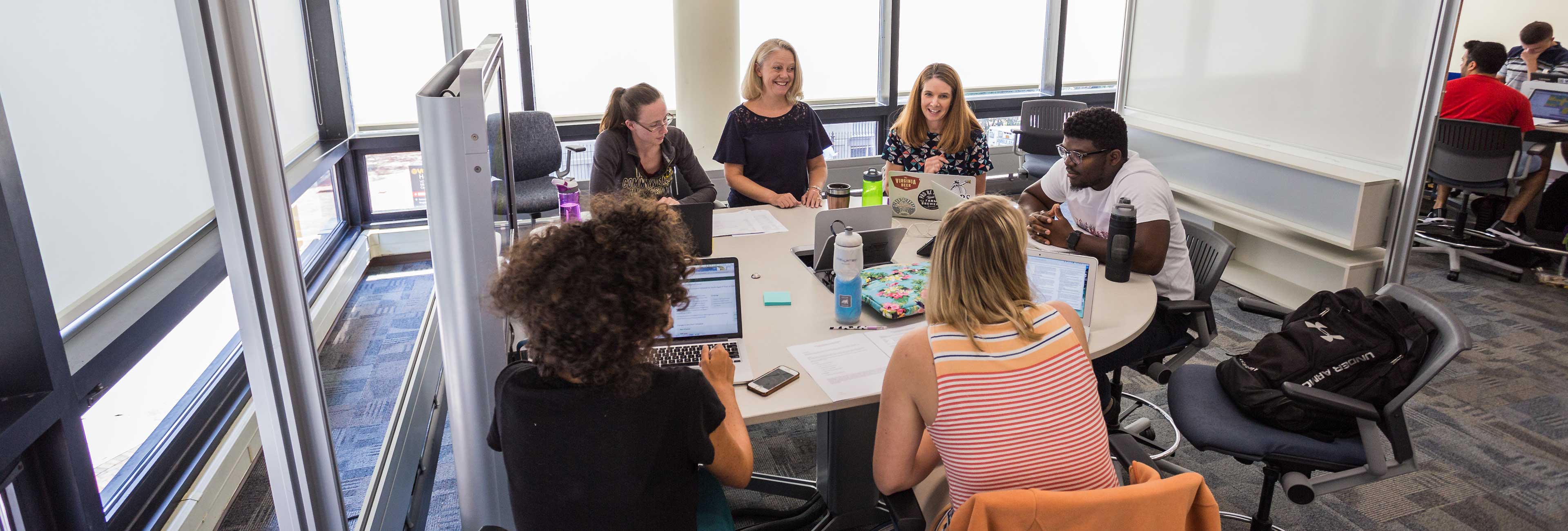Student Printing
We have partnered with VCU Card Services to offer printing via their Pay4Print service. Using the money in your RamBucks account you can print at any of the Pay4Print-connected printers on campus. The school will load $5 into you RamBucks printing account each semester.
Cost:
- One-sided, Black & White: $0.08
- Two-sided, Black & White: $0.12
- Color: $0.50
Locations:
Pay4Print release stations are in various locations on both MCV and Monroe Park campuses. The School of Pharmacy release stations are located in Smith 130, Smith 2nd Floor Lobby, and Smith 350. For color printing on MCV campus please visit Smith 350 or the Health Sciences Library across the street.
In order to send print jobs to the Pay4Print system from your personal computer, you will need to install the appropriate drivers from the Technology Services' Pay4Print web page.
If there is a problem with one of the printers, please submit a KBOX ticket, and we will resolve the issue as soon as possible. We have also arranged a special student printing card with Staples which provides you a generous discount when using their services. The card will be provided to you at the start of each semester.
Poster Printing
Poster purchases may be made using the KBOX request system. Students or sponsoring faculty may make purchase requests using an active index code or direct payment in form of a check. Available poster sizes include:
- 36" wide x 21" tall
- 56" wide x 42" tall
- 72" wide x 42" tall
All posters, regardless of size, are $55 for satin and $105 for fabric. Posters will be made available two full business days after ticket submission. If needed sooner, expedited delivery is offered for an additional $25. Posters with solid color backgrounds may be charged a fee.
